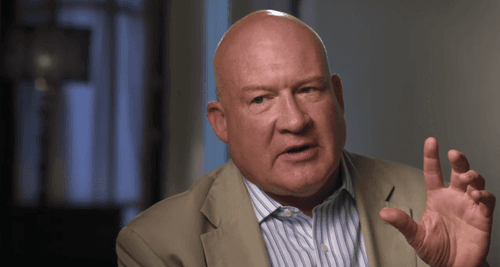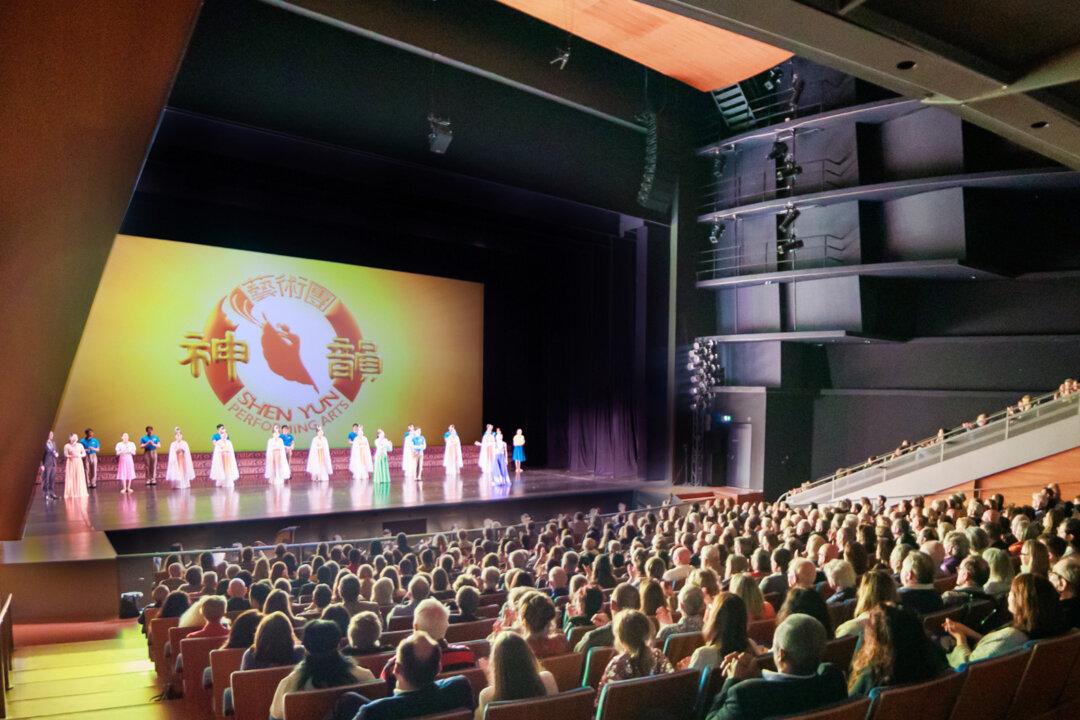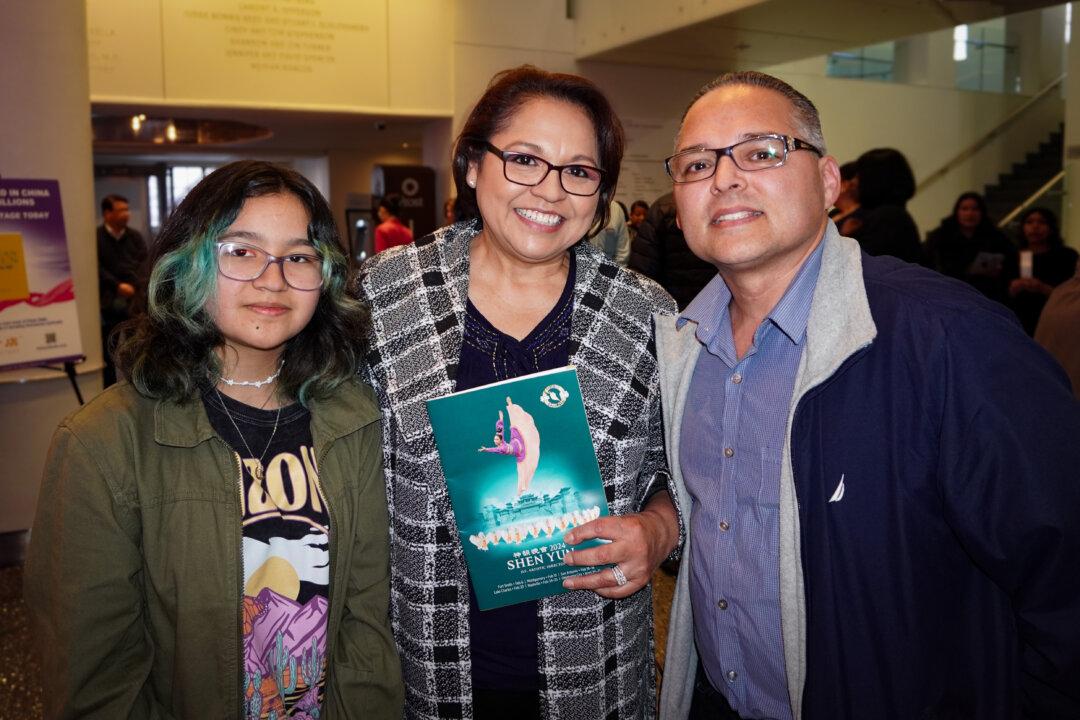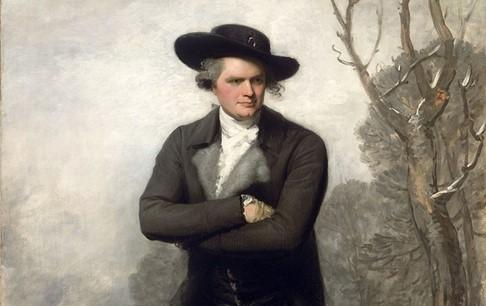In the documentary “Hard to Believe,” Investigative reporter Ethan Gutmann recalls the first time he sat down with Falun Gong practitioners who escaped from labor camps and prisons in China.
Falun Gong, also known as Falun Dafa, is a spiritual practice with several meditative exercises. First introduced to the public in China in 1992, it began to be persecuted in China in 1999 because of its widespread popularity and belief in the divine, something China’s Communist Party has tried hard to stamp out.
The Falun Gong practitioners he spoke to told him about their torture while imprisoned. Hidden within their horrific accounts was the phrase “physical exam.” Wait a minute, Gutmann thought to himself. Physical exams? Why? And why only on Falun Gong adherents?
The Falun Gong practitioners he spoke to did not understand his interest in the exams. “I’ve been tortured in the most horrible ways,” they told him, as if to say this was the least relevant part of their story.
When Gutmann probed deeper into the checkup, the victims told him about an eye exam they were given. A light was shown directly into their eyes. There were no tests for peripheral vision or any other vision tests. They were only looking at the cornea, he surmised.
He took note of the torture they endured but by probing deeper into these exams, Gutmann began to uncover an even bigger crime against humanity—harvesting organs from prisoners of conscience for profit.






